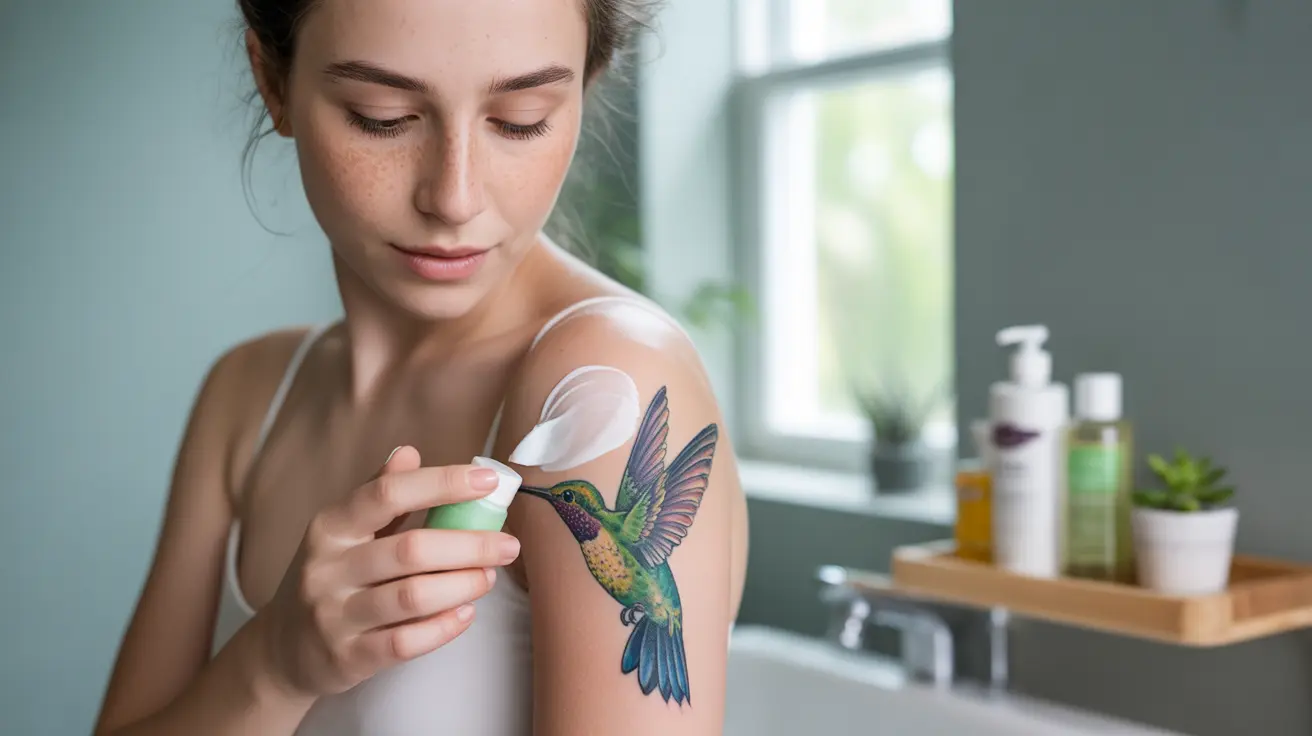Deciding to get a tattoo is an exciting yet significant decision that requires careful preparation and understanding of the aftercare process. Whether it's your first tattoo or you're adding to your collection, knowing what to expect and how to care for your new body art is crucial for achieving the best results and preventing complications.
This comprehensive guide will walk you through everything you need to know about getting a tattoo, from pre-appointment preparation to proper healing techniques and potential warning signs to watch for during recovery.
Preparing for Your Tattoo Appointment
Proper preparation can significantly impact your tattooing experience and the final result. Here are essential steps to take before getting your tattoo:
- Get plenty of rest the night before
- Eat a substantial meal before your appointment
- Stay hydrated
- Wear comfortable, loose-fitting clothing
- Avoid alcohol for 24 hours before the procedure
- Don't take blood-thinning medications (unless prescribed by your doctor)
- Choose a reputable, licensed tattoo artist and studio
The Initial Healing Process
The first few days after getting a tattoo are crucial for proper healing. Your tattoo artist will typically cover the fresh tattoo with a sterile bandage or protective film. Understanding the timeline and proper care techniques is essential for optimal results.
First 24-48 Hours
During this critical period, your tattoo requires special attention:
- Keep the initial bandage on for the time specified by your artist
- Wash hands thoroughly before touching the tattoo
- Clean the area gently with lukewarm water and mild, unscented soap
- Pat dry with a clean paper towel
- Apply a thin layer of recommended healing ointment
Ongoing Aftercare
After the initial healing phase, continue these essential care practices:
- Clean the tattoo 2-3 times daily
- Moisturize with appropriate products
- Avoid direct sunlight exposure
- Don't pick or scratch at scabs
- Wear loose clothing to prevent friction
Maintaining Your New Tattoo
Long-term care is crucial for preserving your tattoo's appearance and preventing complications. Follow these guidelines for the best results:
- Use fragrance-free moisturizer regularly
- Apply broad-spectrum sunscreen when exposed to sunlight
- Avoid swimming pools and hot tubs until fully healed
- Keep the area clean and dry
- Monitor for any signs of infection or unusual healing
Frequently Asked Questions
What should I do to prepare before getting a tattoo appointment?
Before your appointment, ensure you're well-rested, hydrated, and have eaten a good meal. Choose comfortable clothing that allows easy access to the tattoo area. Avoid alcohol and blood-thinning medications, and research your chosen tattoo artist thoroughly to ensure they're licensed and reputable.
How do I properly clean and moisturize a new tattoo during the healing process?
Clean your tattoo 2-3 times daily with mild, unscented soap and lukewarm water. Pat dry with a clean paper towel, then apply a thin layer of recommended healing ointment or moisturizer. Avoid over-moisturizing, which can clog pores and delay healing.
What are the best practices to avoid infection and promote healing after getting a tattoo?
Keep the area clean, avoid touching with unwashed hands, don't pick at scabs, and follow your artist's aftercare instructions carefully. Use only recommended products, avoid swimming, and keep the tattoo out of direct sunlight during healing.
How long should I keep the tattoo covered, and when can I safely expose it to water and sunlight?
Keep the initial bandage on for the duration specified by your artist (typically 2-24 hours). Avoid submerging the tattoo in water for at least 2-4 weeks, and protect it from direct sunlight during the entire healing process. After healing, always use sunscreen on tattooed areas.
What signs indicate a tattoo infection, and when should I see a healthcare provider?
Watch for signs of infection such as increased redness, warmth, swelling, unusual discharge, or fever. If you experience any of these symptoms, or if the tattoo isn't healing normally after 2-3 weeks, consult a healthcare provider immediately.




